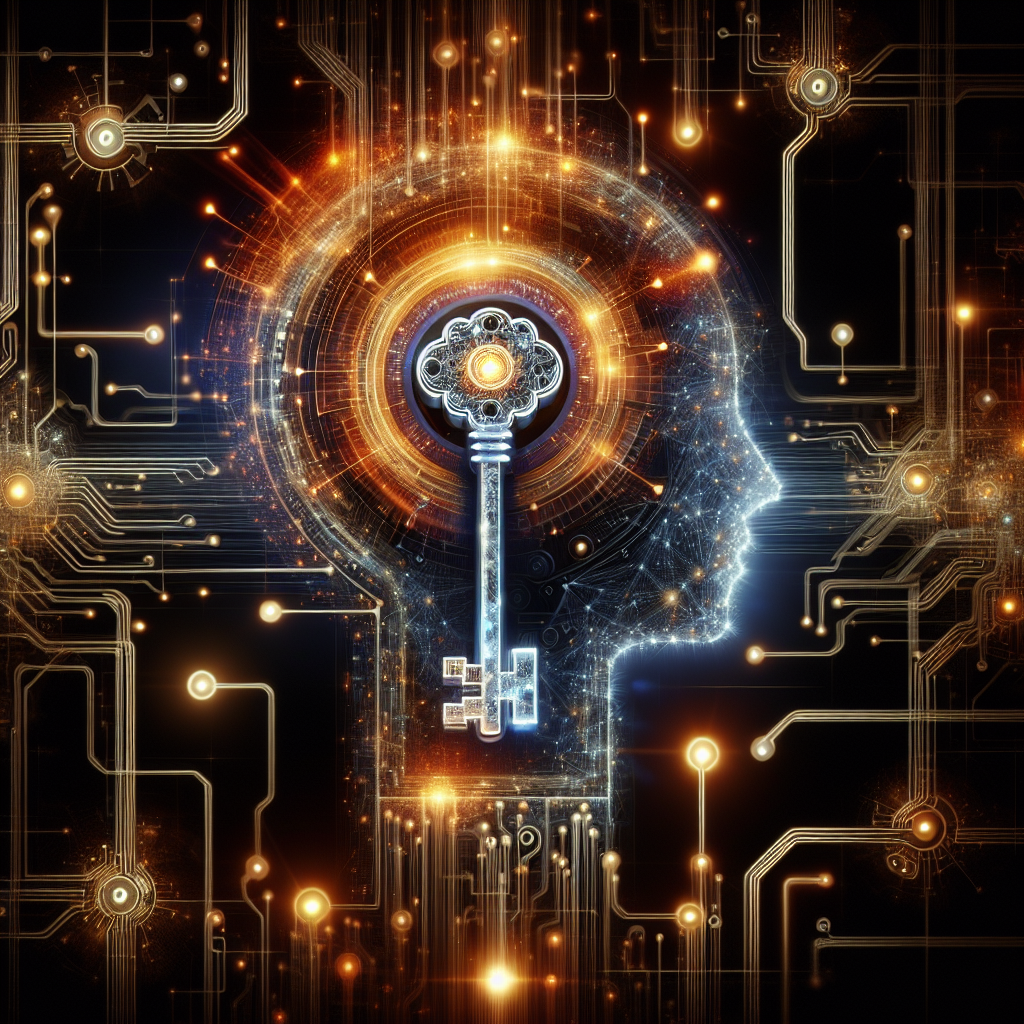AGI: The Key to Solving Complex Problems in a Digital Age
In today’s fast-paced, interconnected world, the need for innovative solutions to complex problems has never been greater. From climate change to global health crises, from cybersecurity threats to economic instability, the challenges facing humanity are becoming increasingly intricate and multifaceted. Fortunately, advances in artificial intelligence (AI) are offering new hope for tackling these issues head-on.
One of the most promising developments in AI is the concept of Artificial General Intelligence (AGI). Unlike narrow AI systems that are designed for specific tasks, AGI aims to replicate the broad cognitive abilities of human intelligence. This means that AGI systems have the potential to learn, reason, and adapt in a way that is closer to human intelligence than ever before.
AGI holds the key to solving complex problems in the digital age because of its ability to process vast amounts of data, identify patterns, and make informed decisions in real-time. This makes AGI an invaluable tool for addressing pressing global challenges that require sophisticated analysis and innovative solutions.
One area where AGI is already making a significant impact is in healthcare. By leveraging AGI algorithms, researchers and healthcare professionals can analyze massive datasets to identify trends, predict outcomes, and develop personalized treatment plans for patients. This has the potential to revolutionize the way we approach healthcare, leading to faster diagnoses, more effective treatments, and improved patient outcomes.
AGI is also being used to address environmental challenges, such as climate change. By analyzing climate data from around the world, AGI systems can help scientists better understand the causes and effects of global warming, and develop strategies for mitigating its impact. This could lead to more sustainable practices in industries such as agriculture, transportation, and energy production, helping to reduce carbon emissions and preserve the planet for future generations.
In the realm of cybersecurity, AGI is proving to be a powerful ally in the fight against cyber threats. By continuously monitoring network traffic, analyzing patterns of behavior, and detecting anomalies, AGI systems can identify potential security breaches before they occur. This proactive approach to cybersecurity is crucial in an era where cyber attacks are becoming increasingly sophisticated and widespread.
But perhaps the most exciting potential of AGI lies in its ability to drive innovation and creativity in a wide range of industries. By automating routine tasks, freeing up human workers to focus on more strategic and creative endeavors, AGI has the potential to unleash a wave of innovation that could revolutionize the way we work, live, and interact with technology.
However, as with any new technology, AGI also raises important ethical and societal questions. How do we ensure that AGI systems are developed and used responsibly? How do we prevent biases and discrimination from being replicated in AGI algorithms? How do we safeguard against the potential misuse of AGI for malicious purposes?
These questions highlight the importance of ongoing research and dialogue around the ethical implications of AGI. It is crucial that developers, policymakers, and the general public work together to establish guidelines and regulations that promote the responsible use of AGI and protect against potential risks.
In conclusion, AGI holds tremendous potential for solving complex problems in the digital age. By harnessing the power of artificial intelligence to replicate human-like cognitive abilities, AGI has the ability to revolutionize industries, drive innovation, and address some of the most pressing challenges facing humanity today. However, it is essential that we approach the development and deployment of AGI with caution, ensuring that ethical considerations are at the forefront of our efforts.
FAQs:
Q: What is the difference between AGI and narrow AI?
A: AGI aims to replicate the broad cognitive abilities of human intelligence, while narrow AI is designed for specific tasks. AGI has the potential to learn, reason, and adapt in a way that is closer to human intelligence than narrow AI systems.
Q: How is AGI being used in healthcare?
A: AGI is being used in healthcare to analyze massive datasets, identify trends, predict outcomes, and develop personalized treatment plans for patients. This has the potential to revolutionize the way we approach healthcare, leading to faster diagnoses, more effective treatments, and improved patient outcomes.
Q: What ethical considerations should be taken into account when developing AGI?
A: Developers, policymakers, and the general public should work together to establish guidelines and regulations that promote the responsible use of AGI and protect against potential risks. This includes addressing issues such as bias, discrimination, and misuse of AGI for malicious purposes.
Q: How can AGI drive innovation in industries?
A: By automating routine tasks, AGI can free up human workers to focus on more strategic and creative endeavors. This has the potential to unleash a wave of innovation that could revolutionize the way we work, live, and interact with technology.

